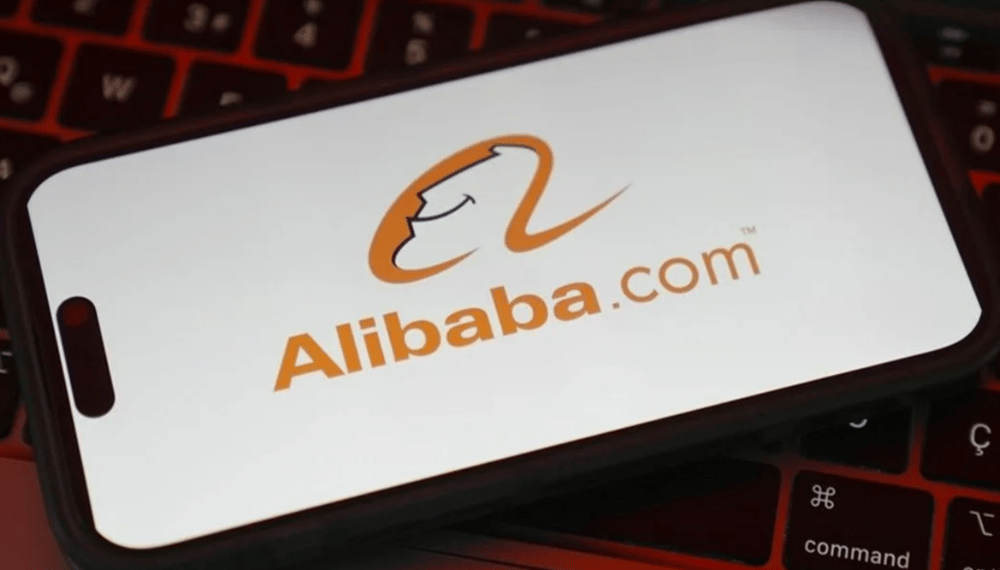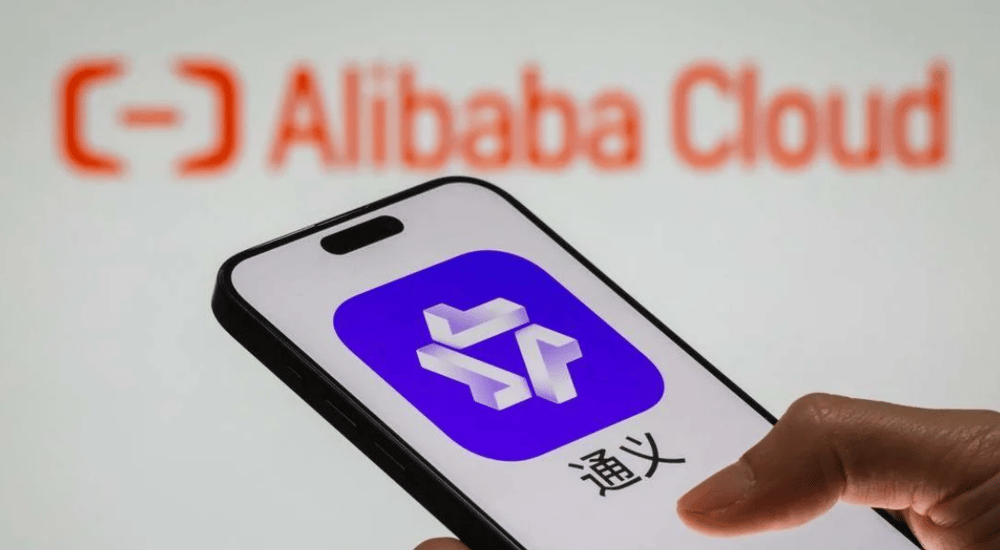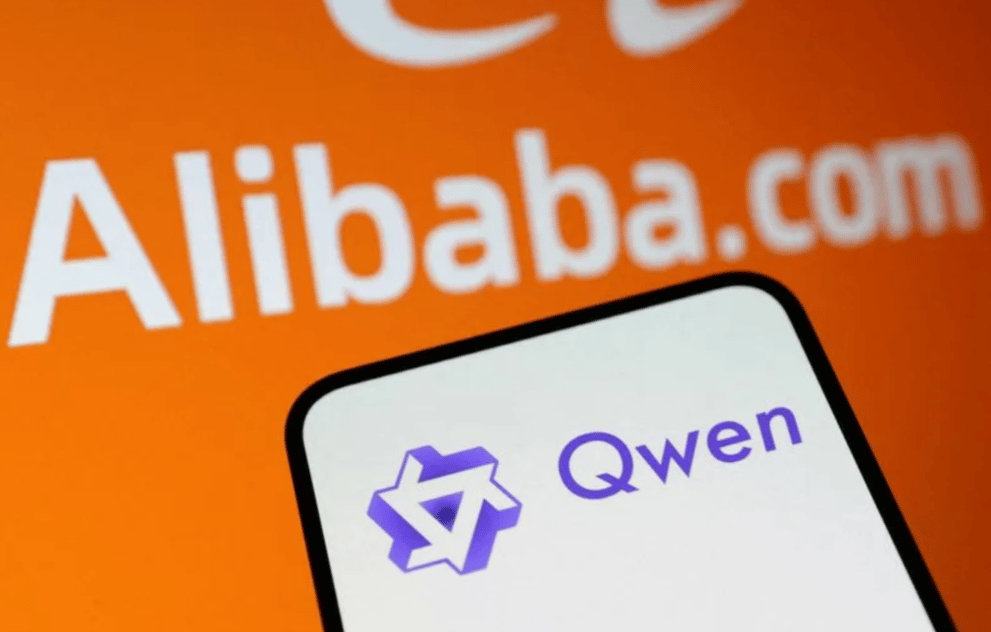Alibaba Unveils Qwen3 AI Models Optimized for Apple Devices Using MLX Architecture
Alibaba Group Holding Ltd. $9988.HK has unveiled a new family of artificial intelligence (AI) models — Qwen3 — built to operate natively on Apple Inc.’s $AAPL MLX architecture, significantly expanding the Chinese tech giant’s international AI footprint. According to a corporate statement published on Monday, the Qwen3 models are now optimized for execution across Apple devices, including iPhones, iPads, MacBooks, and Macs, making this move one of Alibaba's most direct engagements with Western hardware ecosystems to date.
The release aligns with global trends of on-device AI inference, an emerging frontier that prioritizes privacy, energy efficiency, and lower latency over traditional cloud-based AI processing. By integrating Qwen3 with Apple’s recently introduced MLX (Machine Learning on Apple Silicon) framework, Alibaba aims to bolster both AI interoperability and cross-platform user adoption.
Alibaba’s Cross-Ecosystem Bet: Strategic and Competitive Implications
The Qwen3 suite builds on Alibaba’s existing large language model (LLM) developments under its Tongyi Qianwen (Qwen) branding, with a key distinction: these models are designed specifically for native performance on Apple Silicon, such as the M1 and M2 chips. This puts Alibaba in a stronger position to compete globally with major AI players like Meta $META, OpenAI, and Google $GOOGL, who have largely focused on U.S.-centric integrations.
This move signals Alibaba’s attempt to bridge Chinese AI innovation with global hardware infrastructure, allowing the Qwen3 models to reach an affluent, international user base embedded in the Apple ecosystem. It also plays into Apple’s broader strategy of expanding on-device AI capabilities through MLX, introduced to enhance speed, security, and battery efficiency.
From a geopolitical perspective, the integration comes amid growing scrutiny of Chinese tech firms in Western markets. However, by aligning with an open-source framework and avoiding cloud dependencies, Alibaba may mitigate regulatory risks while appealing to developers and institutions interested in private, edge-based AI solutions.

Key Facts
📱 Device Compatibility: iPhone, iPad, MacBook, Mac
🧠 AI Architecture: Built on Apple’s MLX (Machine Learning on Apple Silicon)
🌐 Brand: Qwen3, part of Alibaba’s broader LLM initiative
🏢 Company: Alibaba Group Holding Ltd.
🔍 Deployment: On-device, optimized for Apple’s M1/M2 chipsets
Market Impact and Expert Commentary
The strategic announcement generated moderate buzz in both tech investment and AI development circles, though immediate market response remained muted. Shares of Alibaba traded flat following the news, as did Apple, suggesting investor sentiment was in a “wait-and-see” phase — typical for AI rollouts that require broader ecosystem adoption before material impact is priced in.
Tech analysts note that while the Qwen3 rollout is unlikely to shake the dominance of U.S. LLMs in English-speaking markets, it marks a notable advance for Chinese AI interoperability. More importantly, it positions Alibaba as a relevant player in cross-platform AI tooling, especially in the Asia-Pacific region, where Apple has significant hardware market share.
The move may also catalyze additional AI-native applications and developer tools leveraging both Apple’s performance-focused MLX and Alibaba’s increasingly multilingual LLM stack.

Key Developments
Alibaba enters on-device AI race by launching Qwen3 for MLX
MLX framework accelerates AI execution on Apple Silicon
Global interoperability strategy aimed at widening Alibaba’s reach
Tech firms shift toward on-device inference for performance and privacy
Market response cautious, awaiting developer adoption and practical benchmarks
Alibaba’s Qwen3 Launch Marks New Phase in Cross-Border AI Collaboration
Alibaba’s Qwen3 rollout on Apple’s MLX platform highlights the growing convergence of global hardware and regional AI innovation. By adapting its LLM technology for native use on Apple devices, the Chinese conglomerate is attempting to bypass regulatory frictions and tap directly into premium global consumer bases.
While the financial and competitive implications will depend on developer uptake, benchmark performance, and software ecosystem adoption, this move reinforces the global shift toward on-device, low-latency AI computation — a future where Alibaba aims to be more than just a regional heavyweight.















Comments